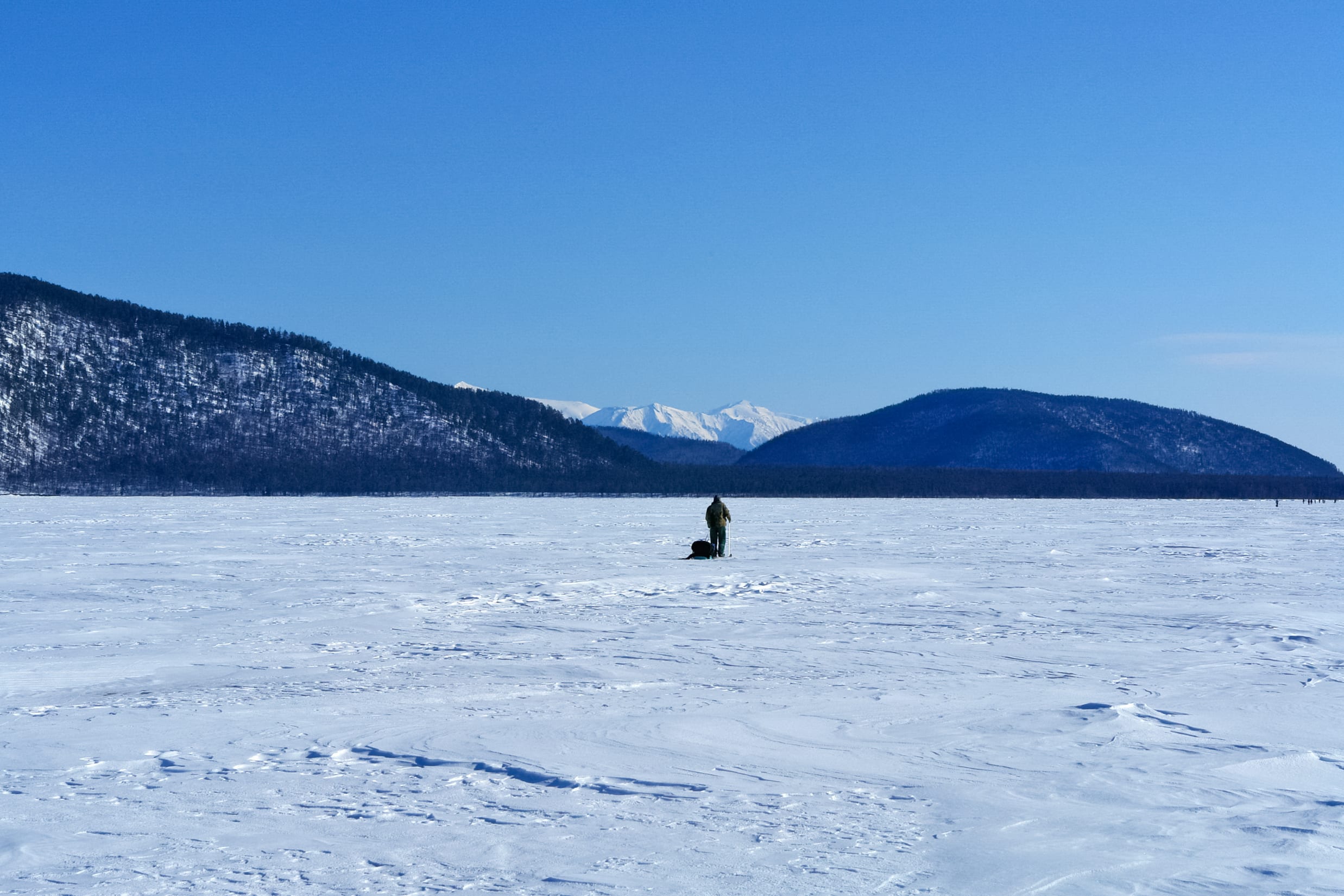Why Are Fish Not Biting in Ice Fishing?
Key Takeaways
- Fish do not bite less in winter during ice fishing, despite the belief that their metabolism slows down due to colder water temperatures.
- During winter, fish may exhibit changes in their feeding patterns, feeding less frequently but consuming larger meals when they do feed.
- As water temperatures drop, fish tend to seek deeper areas where the water is relatively warmer, providing more stable temperatures and protection from extreme cold.
Ice fishing is a popular winter activity that allows anglers to catch fish through a hole in the frozen surface of a lake or river. However, one common question that often arises is why fish are not biting during ice fishing. Many people believe that fish bite less in winter due to the cold temperatures and reduced metabolism. However, this belief is actually a myth.
Contrary to popular belief, fish do not bite less in winter during ice fishing. While their metabolism may slow down due to the colder water temperatures, they still need to eat to survive. Fish are cold-blooded creatures, meaning their body temperature is the same as their surroundings. This makes them highly adaptable to different environmental conditions. Even in cold water, fish still actively search for food to meet their energy needs.
Understanding fish behavior is crucial for successful ice fishing. Several factors influence fish behavior during winter, and being aware of these factors can increase your chances of a successful fishing trip.
1. Slower Metabolism
Colder water temperatures slow down a fish’s metabolism. This means that fish may not be as active as they are during warmer months. However, it does not mean that they stop feeding altogether. Fish still need to consume food to survive, albeit in smaller quantities. It’s important to adjust your fishing techniques and use bait that is appealing to fish in colder water conditions.
2. Changes in Feeding Patterns
During winter, fish may exhibit changes in their feeding patterns. They might feed less frequently but consume larger meals when they do feed. It is believed that fish conserve energy during winter by reducing their activity and focusing on finding and consuming larger prey items. Understanding these changes in feeding patterns can help you choose the right bait and fishing techniques to entice the fish to bite.
3. Movement to Deeper Water
As the water temperature drops, fish tend to seek deeper areas where the water is relatively warmer. Deeper water provides more stable temperatures and protection from extreme cold. By understanding fish behavior and their preference for deeper water during winter, you can target these areas and increase your chances of finding active fish.
4. Influence of Specific Fish Species
Each fish species has its own behavior and preferences, even during winter. Some species, like walleye, are more active and feed actively during winter. Others, like trout, may become less active in extremely cold conditions. Understanding the behavior of the specific fish species you are targeting can help you tailor your fishing approach for better success.
5. Factors Affecting Fish Behavior
In addition to the specific factors mentioned above, there are other general factors that can affect fish behavior during ice fishing. Water temperature plays a significant role in fish behavior, as colder water slows down their metabolism. Light penetration is another factor, as fish may be more active during periods of higher light intensity. Seasonal changes can also impact fish behavior, with different patterns observed in early winter compared to late winter.
Overall, fish do not bite less in winter during ice fishing. Their metabolism may slow down, but they still need to eat to survive. Understanding fish behavior, including factors such as slower metabolism, changes in feeding patterns, movement to deeper water, and the influence of specific fish species, can greatly increase your chances of success during ice fishing.
Related Websites:
FAQs:
Q: Why aren’t fish biting during ice fishing trips?
Fish become less active and feed less frequently during winter due to colder temperatures. It is important to understand the specific winter behavior of fish species to increase your chances of a successful ice fishing trip.
Q: What factors affect fish biting during ice fishing?
Several factors can affect fish biting during ice fishing. These include water temperature, oxygen levels, and the presence of underwater structures and cover. Understanding these factors is crucial for increasing your chances of getting a bite.
Q: How can I encourage fish bites during ice fishing?
To encourage fish bites during ice fishing, you can try selecting the right location based on fish species and habitat preferences. Using attractive baits and lures that mimic natural winter food sources can also be effective. Additionally, adjusting your presentation techniques to match fish behavior and being patient, persistent, and adaptable are key.
Q: What should I do if fish aren’t biting initially during ice fishing?
If fish aren’t biting initially, it’s important to be patient and persistent. Try different techniques and locations, and adapt your approach accordingly. Learning and adapting to different ice fishing conditions can be rewarding and increase your chances of success.
Q: Why should I try ice fishing?
Ice fishing offers not only an enjoyable experience but also learning opportunities. It allows you to understand fish behavior and the challenges posed by winter conditions. By following the provided tips, you can enhance your ice fishing experiences and increase your chances of a successful trip.






